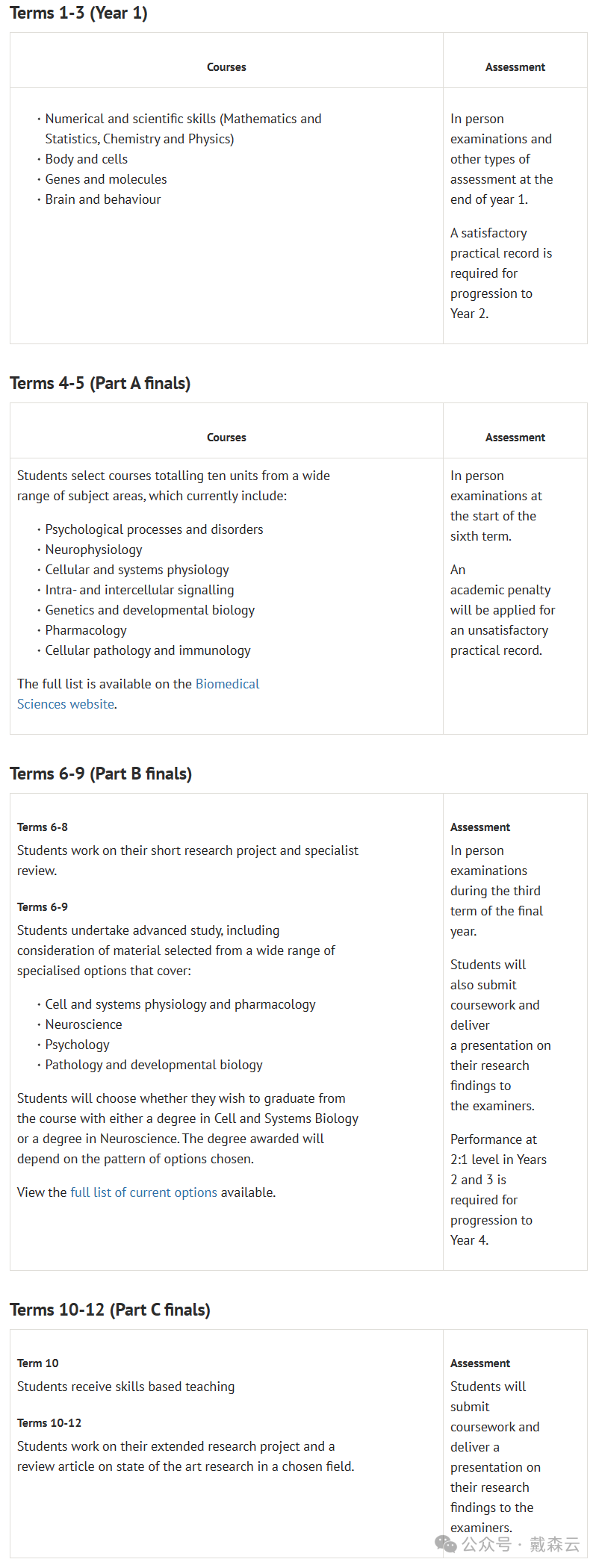秋季第一份资料包发布近一周
大家都研究得怎么样了?
“正反方分别可以有哪些观点?”
“69页的资料包内容该从何下手?”
今天我们就邀请到了
哈佛大学辩论队辩手Rishi Mukherjee
解析今年的秋季辩题
帮助大家更有方向地研究资料和备赛!
Rishi Mukherjee
· 现役哈佛大学辩论队的核心辩手成员之一
· 全美大学生联赛NDT中排名前十位
Rishi曾三次晋级美国大学辩论Tournament of Champions,同时在美国大学辩论CEDA总决赛中获得第四名。同时Rishi也有丰富的执教经历,连续三年作为美国哈佛辩论训练营导师,担任Lexington High School助理辩论教练,带领几十位高中生进入全美总决赛。
2023 NHSDLC FALL 秋季辩题解析
首先,正方可以从竞争和资源两大方面进行论述:私人投资由市场竞争驱动,可以更好地刺激创新和技术进步,从而降低载人航天探索的成本;另一方面——资源分配,私人投资优先考虑成本效益,能更加有效地管理和分配资源,也可以让公共预算分配给其他更紧迫的问题。
而反方则可以从国际合作和科学价值的角度展开:公共部门投资的载人航天探索,可以通过参与联合任务和共享数据来促进国际合作。此外,私人投资往往更加专注于那些有望获得投资回报的项目,而忽略了那些盈利较少但具有科学价值的任务。
最后,双方都可以进行研究的角度还有很多,比如载人航天探索的目的、太空殖民、资源开发等等。接下来就是本次解析的具体内容~
Possible Pro Ideas
正方观点
The main argument I think the Pro will feature is Competition:
Private companies are driven by market competition, spurring innovation and technological advancements. Unlike public agencies, which may face bureaucratic constraints, private enterprises are incentivized to find cost-effective and cutting-edge solutions to complex challenges. This competitive landscape encourages the development of new technologies, reducing the costs of space travel and exploration over time.
This is probably preferable to the Pro in terms of efficiency.
Additionally, private companies can pivot quickly in response to market demands and emerging opportunities. This agility enables them to adapt to changing circumstances and pursue innovative projects that may not align with the long-term objectives of public agencies. Such flexibility can expedite the exploration of novel concepts and technologies.
Lastly, I think it’s key to funding because private investors are drawn to space exploration due to its potential for long-term profits and groundbreaking discoveries. This influx of capital investment can stimulate economic growth, create job opportunities, and nurture a thriving space industry ecosystem.
I think another strong argument is premised on Resources:
There’s two ways the Pro could articulate this. The Pro could make an argument about Tradeoff – Human space exploration demands substantial financial resources. By shifting some of the burden to private investment, public budgets can be allocated to other pressing issues while still advancing the frontier of space exploration.
Alternatively, the Pro could make additional arguments about Efficiency – Private sector entities prioritize cost-effectiveness to remain competitive and profitable. As a result, they tend to manage resources more efficiently and explore alternative approaches to achieve ambitious goals. This focus on efficiency can lead to optimized project timelines and reduced financial burdens on taxpayers.
Possible Con Ideas 反方观点
The Con has a major argument in their favor – International Collaboration.
Public agencies foster international cooperation by engaging in joint missions and sharing data. This promotes peaceful collaboration and helps prevent the potential militarization of space that could result from unregulated private ventures. This could also result in better collection of information – as public entities prioritize scientific discovery and exploration for the advancement of knowledge.
Private companies, on the other hand, often seek profit-driven results, potentially compromising the unbiased pursuit of scientific understanding that the public sector prioritizes.
Secondly I think the Con have some decent cuts against Pro efficiency arguments – private space companies are subject to market forces that can lead to cost overruns, financial instability, and even bankruptcy. This unpredictability could jeopardize ongoing projects and the continuity of space exploration efforts.
Also, there’s a strong point to be made that profitability doesn’t always result in the most benefit for humanity – Private companies tend to focus on ventures that promise a return on investment, leaving less profitable but scientifically valuable missions unexplored.
Public investment can fill this gap by funding missions that contribute to fundamental scientific knowledge. The Con could make arguments about the value of this kind of research.
Additionals 补充论点
Overall, both sides can explore argument regarding framing about the purpose of human space exploration.
For example, the Con could make arguments about why the private sector cannot be trusted to conduct space exploration. The profit incentive that the pro is arguing is essential to efficiency could also lead to adverse outcomes.
There is also a debate to be had regarding space colonization. For example, the Pro should almost certainly argue that space colonization is required for survival on earth - it could resolve issues of climate change, resource depletion, and overpopulation.
The Con could argue that space colonization as conducted by the private sector is a) unethical when driven by capitalist profit motive and/or b) only ethical insofar as there is public sector oversight over space colonization.
The Con side could also make an argument about International Space Cooperation between the US, China, India, and Russia among others. There could be net benefits to this cooperation external to space and the Con could make arguments about why space would spillover to broader cooperation and improved relations.
Lastly the Pro could make arguments about asteroid mining and rare earth minerals which could be essential to fueling innovation and technology as REM's are central to semiconductors, batteries, electronic vehicles, phones, and military technology among others.
The Pro could argue that this mining would be foundational for these industries and would boost space exploration, these specific industries, and the economy generally.
以上就是Rishi为大家带来的辩题解析,更多秋季备赛资料将陆续解锁大家记得持续关注我们的推送哟~












